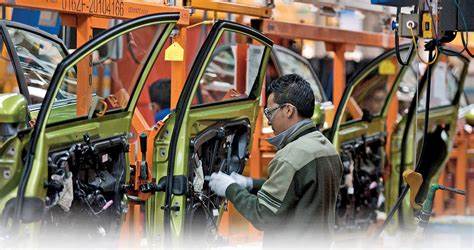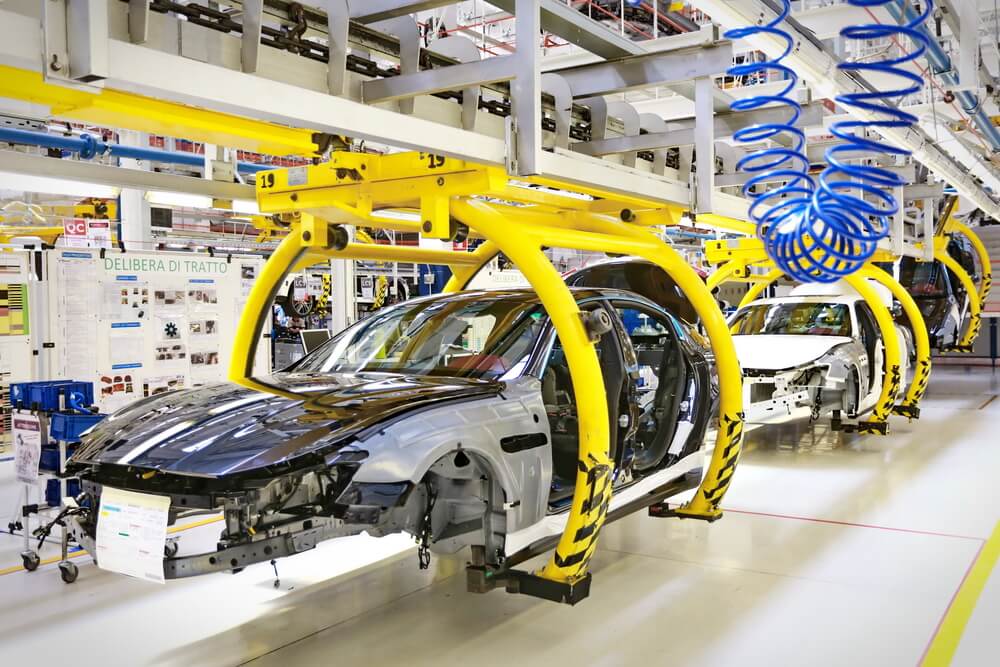Revolutionizing the Road How Automotive Engineering is Shaping the Future of Transportation

In recent years, the field of automotive engineering has undergone a dramatic transformation, revolutionizing the way we think about transportation. From the development of electric and autonomous vehicles to the integration of advanced safety features and smart technologies, automotive engineering is shaping the future of how we travel on the roads. With a focus on sustainability, efficiency, and connectivity, this field is pushing the boundaries of what is possible, offering exciting new possibilities for the future of transportation. In this article, we will explore the various ways in which automotive engineering is revolutionizing the road and discuss the implications of these advancements for the future.
Revolutionizing the Road How Automotive Engineering is Shaping the Future of Transportation
Contents
The world of transportation is on the cusp of a revolution. With the rapid advancements in automotive engineering, the future of transportation is being shaped in ways that were once unimaginable. From electric vehicles to autonomous driving, the possibilities are endless, and the impact on society and the environment is significant.
One of the key areas of transformation in automotive engineering is the shift towards electric vehicles (EVs). With concerns over climate change and the depletion of fossil fuels, automakers are increasingly investing in the development of electric cars. These vehicles run on electricity instead of gasoline, reducing emissions and dependence on non-renewable resources. The advancements in battery technology have also led to longer range EVs, making them a viable option for everyday use. This shift towards electric vehicles is not only reducing the carbon footprint of transportation but also opening up new opportunities for renewable energy integration and a cleaner future.
Autonomous Vehicles
Another groundbreaking innovation in automotive engineering is the development of autonomous vehicles. With the advent of artificial intelligence and advanced sensors, self-driving cars are no longer a distant dream but a fast-approaching reality. Autonomous vehicles have the potential to revolutionize transportation by reducing accidents and increasing efficiency. They can communicate with each other and with traffic infrastructure, enabling smoother traffic flow and reducing congestion. Moreover, self-driving cars can be programmed to prioritize safety, potentially saving countless lives by eliminating human error.
Furthermore, automotive engineering is also focused on enhancing the overall driving experience. Advanced driver-assistance systems (ADAS) are being integrated into vehicles to provide features such as adaptive cruise control, lane-keeping assistance, and automatic emergency braking. These technologies not only improve safety on the road but also reduce driver fatigue and stress. With the rise of connected vehicles, cars can communicate with each other and with traffic infrastructure, providing real-time information about road conditions and potential hazards. This connectivity allows for smarter navigation, optimized traffic management, and improved overall efficiency.
Development of Alternative
The future of transportation is not only about cars but also includes the development of alternative modes of transportation. Automotive engineers are working on innovative solutions such as electric bicycles and scooters, as well as on-demand ride-sharing services. These options provide more sustainable and efficient alternatives for short-distance travel, reducing the need for private car ownership and decreasing traffic congestion in urban areas.
Moreover, automotive engineering is also addressing the issue of sustainability in the manufacturing process. Automakers are increasingly adopting eco-friendly practices, such as using recycled materials and reducing energy consumption during production. The focus is not only on creating sustainable vehicles but also on creating a sustainable industry as a whole.
Automotive engineering is revolutionizing the road and shaping the future of transportation. Electric vehicles, autonomous driving, advanced driver-assistance systems, and alternative modes of transportation are transforming the way we move from one place to another. These advancements not only offer a cleaner and more efficient future but also provide opportunities for smarter traffic management and improved overall safety. As automotive engineering continues to innovate, the road ahead looks promising for a sustainable and technologically advanced transportation system.







